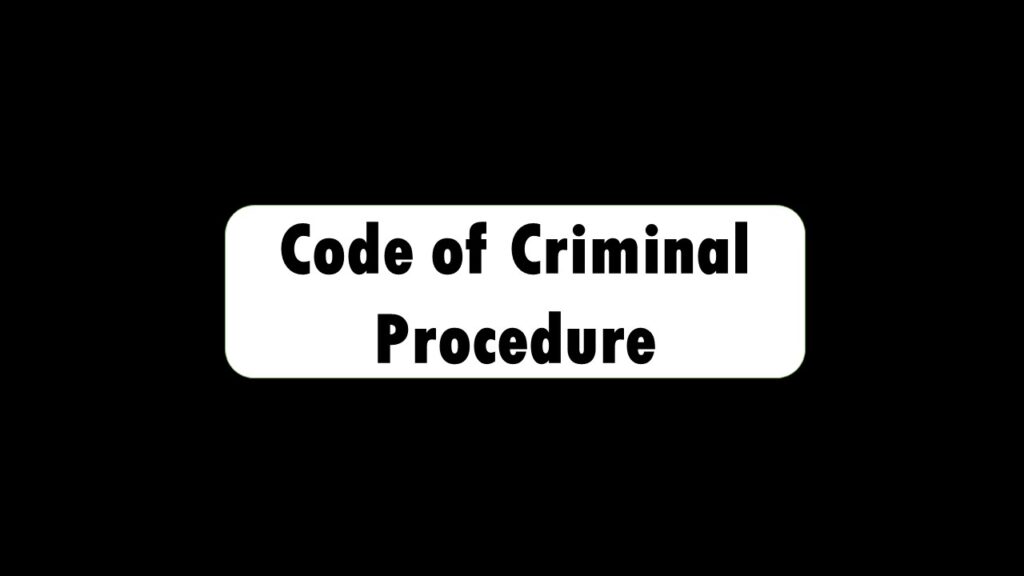Sanjay Chandra v. CBI [(2012) 1 SCC 40]
Necessity is the operative test while adjudicating bail applications
21. In bail applications, generally, it has been laid down from the earliest times that the object of bail is to secure the appearance of the accused person at his trial by reasonable amount of bail. The object of bail is neither punitive nor preventative. Deprivation of liberty must be considered a punishment, unless it is required to ensure that an accused person will stand his trial when called upon. The courts owe more than verbal respect to the principle that punishment begins after conviction, and that every man is deemed to be innocent until duly tried and duly found guilty.
22. From the earliest times, it was appreciated that detention in custody pending completion of trial could be a cause of great hardship. From time to time, necessity demands that some unconvicted persons should be held in custody pending trial to secure their attendance at the trial but in such cases, “necessity” is the operative test. In this country, it would be quite contrary to the concept of personal liberty enshrined in the Constitution that any person should be punished in respect of any matter, upon which, he has not been convicted or that in any circumstances, he should be deprived of his liberty upon only the belief that he will tamper with the witnesses if left at liberty, save in the most extraordinary circumstances.
23. Apart from the question of prevention being the object of refusal of bail, one must not lose sight of the fact that any imprisonment before conviction has a substantial punitive content and it would be improper for any court to refuse bail as a mark of disapproval of former conduct whether the accused has been convicted for it or not or to refuse bail to an unconvicted person for the purpose of giving him a taste of imprisonment as a lesson.
